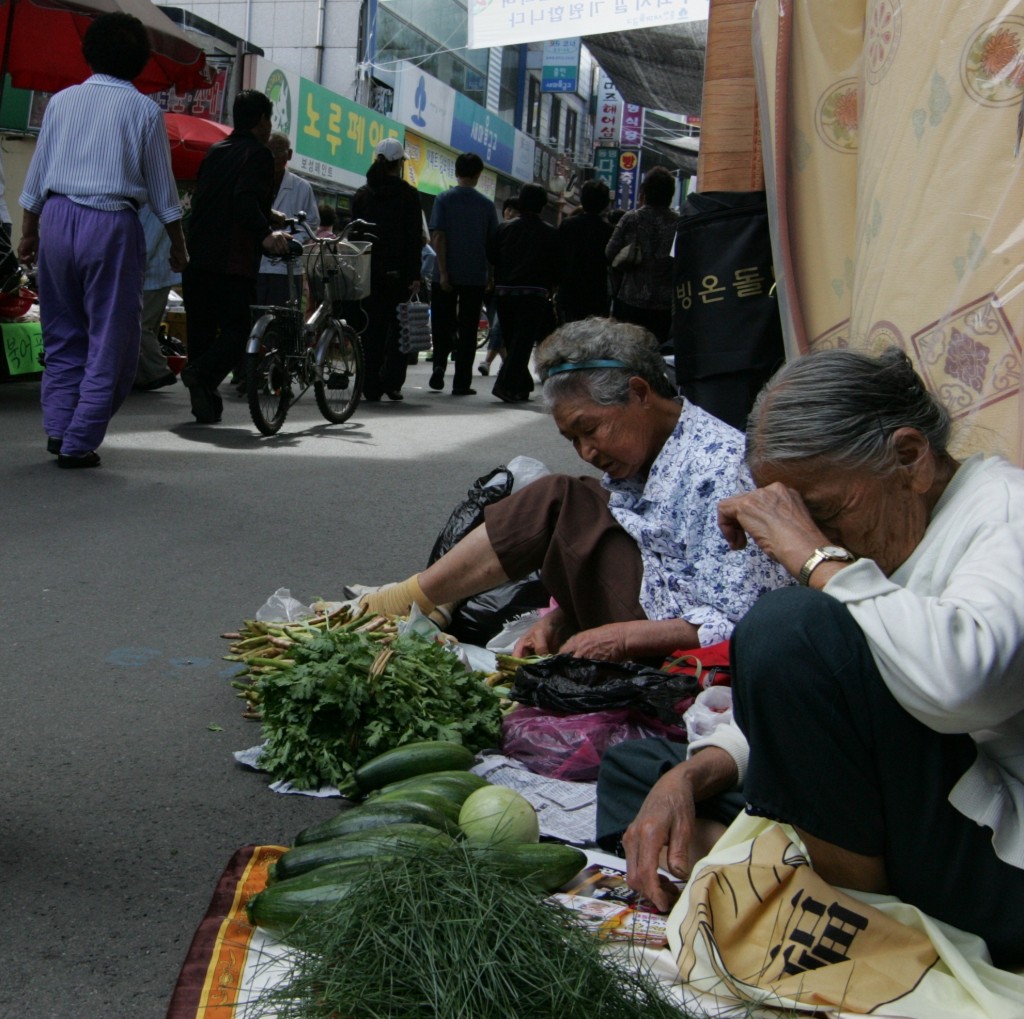- California Assembly OKs highest minimum wage in nation
- S. Korea unveils first graphic cigarette warnings
- US joins with South Korea, Japan in bid to deter North Korea
- LPGA golfer Chun In-gee finally back in action
- S. Korea won’t be top seed in final World Cup qualification round
- US men’s soccer misses 2nd straight Olympics
- US back on track in qualifying with 4-0 win over Guatemala
- High-intensity workout injuries spawn cottage industry
- CDC expands range of Zika mosquitoes into parts of Northeast
- Who knew? ‘The Walking Dead’ is helping families connect
No country for old: Korean elderly poverty highest among OECD nations
SEOUL (Yonhap) — The poverty rate of South Korea’s elderly was by far the highest among advanced countries, while the net pension replacement rate for the population was one of the lowest, a report showed Sunday.
According to the report from the government-funded Korea Labor Institute, South Korea’s poverty rate among elderly citizens was 48.6 percent in 2011, the highest among all 34 members of the Organization for Economic Cooperation and Development (OECD).
The poverty rate refers to the rate of households that earn 50 percent or less of median household disposable income.
The 48.6 percent rate is more than double the level of 24 percent for Switzerland, which was the second highest among all OECD members. Israel and Chile came in third and fourth with 20.6 percent and 20.5 percent, respectively.
Despite South Korea’s high poverty rate for elderly citizens, the country’s net pension replacement rate for the elderly was 45.2 percent, far below the OECD average of 65.9 percent, as of 2012.
The net pension replacement rate is the level of the individual net pension entitlement divided by net pre-retirement earnings.
Only five countries — Mexico, Japan, Britain, New Zealand and Ireland — had a rate lower than South Korea among the 34 OECD nations, according to the report.
“The problem of poverty among the elderly population will get more serious when the country’s elderly population grows further and baby boomers begin to retire in full swing,” said Kim Bok-soon, an author of the report. “The government’s policy on the labor market needs to be changed so it can accept more elderly workers.”

















Pingback: CAAR E-Clippings No. 3770-March 17, 2015 « CAAR E-Clippings
Pingback: Elderly in Poverty | rachelrodriquez